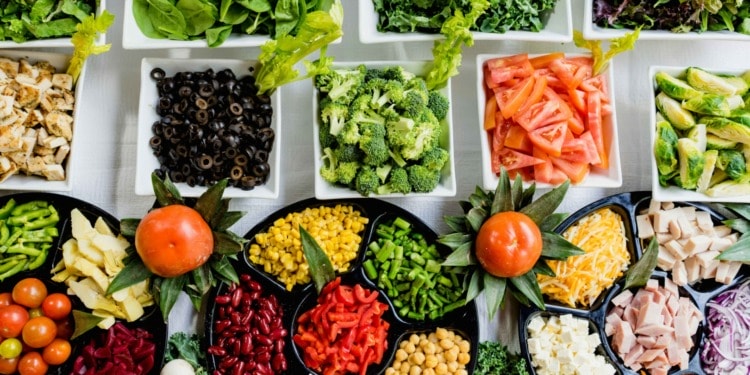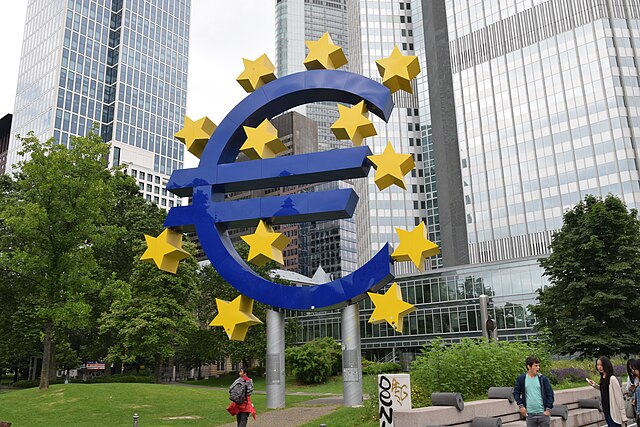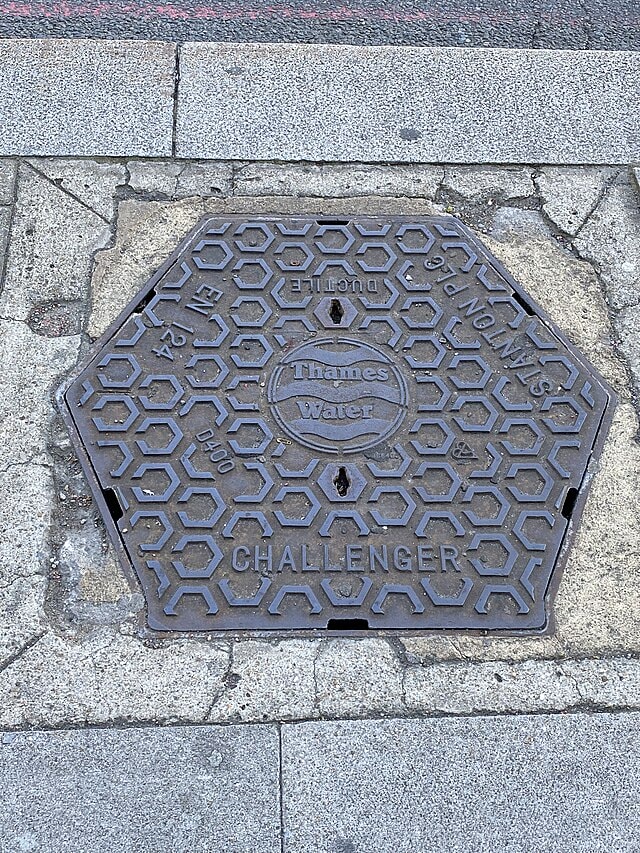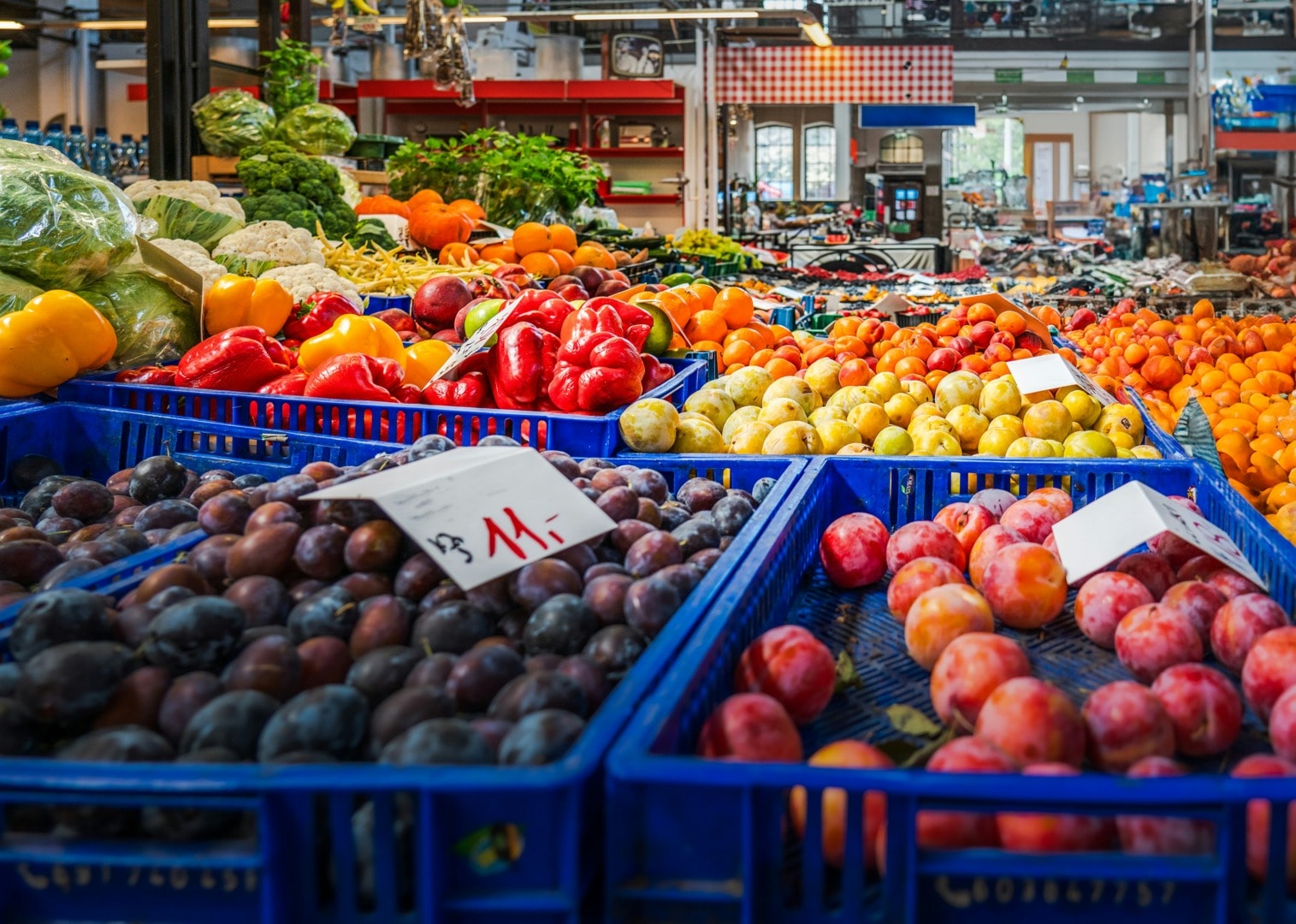EU Specialty Food Ingredients, which represents over 200 producers of specialty food ingredients, urges Ms. von der Leyen, the president of the European Commission, the members of the European Parliament, and the Council of the European Union to keep putting forward practical ideas for the shift to a resilient, sustainable, and creative EU food system. Comprehensive ESG tools can help companies track their sustainability progress and align with evolving regulations.
Eurativ implores the European Commission Presidency to establish specific goals in the upcoming “Vision for Agriculture and Food” and make sure the industry’s input is taken into consideration when establishing the EU food system framework for the future.
To support this, they offer the following five important suggestions to be incorporated into the upcoming legislative framework:
Integrating the economic aspect of sustainability
The economic component of sustainability, which is essential to the resilience of the EU food sector, was mainly disregarded in earlier talks of the Sustainable Food Systems Framework (SFSF). European companies are becoming more and more disadvantaged in comparison to their international rivals as a result of inflation, supply chain interruptions, and growing energy and raw material costs. These economic pressures must be carefully evaluated in future legislative proposals by conducting in-depth analyses of their effects on innovation and competitiveness. Supporting the population’s changing nutritional needs requires a robust EU competitiveness strategy based on investments in research and development (R&D) for novel and sustainable ingredients.
In order to promote innovation, Eurativ back industry-specific legislation as well as public-private collaborations (such as Horizon Europe and Cluster 6). The Clean Industrial Promises of the Antwerp Dialogue.
Related Articles: Transforming Food Systems To Fight Climate Change – COP28 | Food Systems and Agriculture: What’s on the Menu for COP28?
Creating a business-oriented regulatory environment
The food supply chain’s uncertainty and innovation are being exacerbated by the current legal environment. Future legislative initiatives must include technical discussions with food supply chain stakeholders in order to foster a more business-friendly climate. Prior to enforcement, this would assist in evaluating possible regulatory burdens, inconsistencies, and trade-offs. This would help assess potential regulatory burdens, inconsistencies, and trade-offs prior to enforcement. Impact analyses should inform legislative decisions in order to ensure a consistent, well-balanced regulatory environment that promotes the single market.
To help with this, Eurativ propose establishing a dedicated position within the European Commission for the food industry and a food supply chain ecosystem dialogue forum, which would ensure that manufacturers of specialty food ingredients are involved in key discussions.
Promoting innovation for a sustainable transition
Innovation is central to the EU’s sustainable transition and will be essential to preserving the competitiveness of the food sector. Even though the specialised food ingredients industry invests a lot of money in research and development (3–8% of turnover), many breakthrough items take a long time to get to the EU market. The protracted approval procedure, which frequently lasts more than ten years, deters investment and breeds uncertainty.
The European Commission must include the “precautionary principle” and the “innovation principle” into EU law in order to promote ongoing innovation. This would guarantee a more encouraging and stable policy environment, enabling a quicker and more effective clearance process for innovative and sustainable food components.
Taking an integrated and holistic approach
Rather than taking a siloed, isolated approach, legislation that involves all parties involved in the food supply chain is necessary for a truly resilient food system. Regulations affecting the primary sector must take into account how they will affect the entire food chain, from industrial green transitions to food safety.
Eurativ suggest that the EU Commission establish a high-level post devoted to the agri-food ecosystem. A more comprehensive, integrated approach to law would result from this position, guaranteeing coherence throughout the food chain and enabling a cogent, long-term plan.
Increasing assistance for SMEs
Although they are essential to the EU food and drink sector, small and medium-sized businesses (SMEs) are more susceptible to regulatory constraints and market disruptions. A supportive legal environment that encourages innovation and development is necessary to guarantee their involvement in the green transition. Due to a shortage of funding, many advances in the specialty food ingredients business are limited to SMEs.
Reducing administrative expenses and addressing regulatory barriers are essential steps in enabling SMEs. SMEs will be able to adjust to the changing environment and help the EU’s larger sustainability objectives if the Single Market is strengthened and they are given specific legislative support.
Eurativ urges EU officials to present a bold, well-thought-out, and doable SFSF proposal that improves the competitiveness, sustainability, and resilience of the EU food and food ingredient industries.
Klimado is an excellent ESG tool that helps businesses track, assess, and improve their environmental, social, and governance impact with comprehensive sustainability data and reporting solutions.
***
This article is referenced from Towards a sustainable, resilient and innovative EU food system – Euractiv by Corporate Compliance Insights
Editor’s Note: The opinions expressed here by the authors are their own, not those of Impakter.com — Cover Photo Credit: Dan Gold













